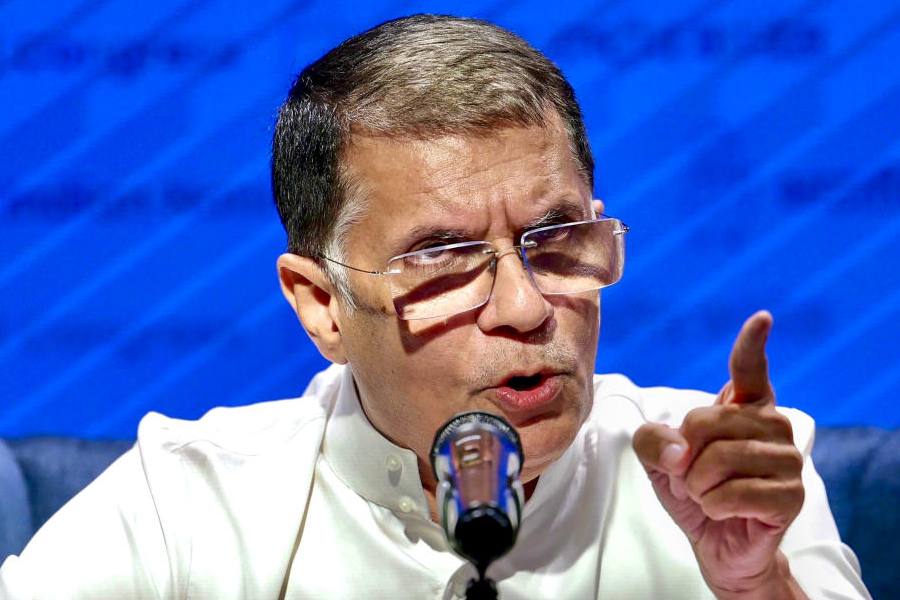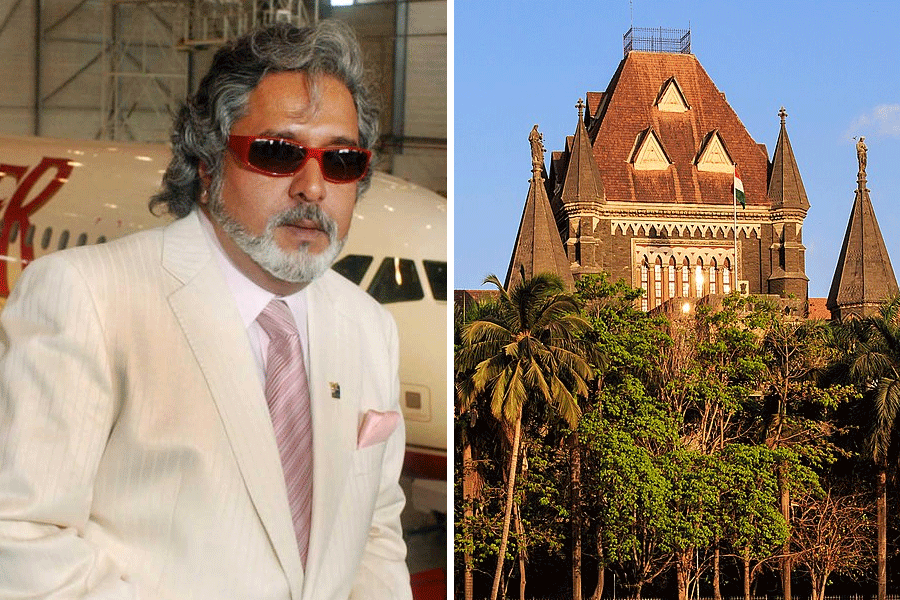 |
| A Boeing 787 Dreamliner taxiis down the runway at Narita airport in suburban Tokyo. File picture |
Jan. 9 (Reuters): Boeing’s 787 Dreamliner jet, a model that Air India is also buying, suffered a third mishap in as many days today, heightening safety concerns after a string of setbacks for the new aircraft.
Japan’s All Nippon Airways said it was forced to cancel a 787 Dreamliner flight scheduled to from fly from Yamaguchi prefecture in western Japan to Tokyo because of brake problems.
That followed a fuel leak on Tuesday that forced a 787 operated by Japan Airlines to cancel take-off at Boston’s Logan International Airport, a day after an electrical fire on another 787 after a JAL flight to Boston from Tokyo.
Asian customers rallied behind the US planemaker, however, saying such teething troubles were not uncommon on new planes and confirming they had no plans to scale back or cancel orders for the aircraft, which has a list price of $207 million.
Air India, which on Monday took delivery of the sixth of the 27 Dreamliners it has ordered, said precautionary measures were already in place and its planes were flying smoothly. “It’s a new plane, and some minor glitches do happen. It’s not a cause of concern,” said spokesperson G. Prasada Rao.
Japan is by far the biggest customer for the Dreamliner to date, with JAL and All Nippon Airways (ANA) operating a total of 24 of the 49 new planes delivered to end-December. The aircraft entered commercial service in November 2011, more than three years behind schedule after a series of production delays. Boeing has sold 848 of the planes.
JAL spokesperson Kazunori Kidosaki said the carrier, which operates seven Dreamliners, had no plans to change orders it has placed for another 38 aircraft. ANA, which has 17 Dreamliners flying its colours, will also stick with its orders for another 49, spokesman Etsuya Uchiyama said.
There was no immediate suggestion that the 787 Dreamliner, the world’s first passenger jet built mainly from carbon-plastic lightweight materials to save fuel, was likely to be grounded as investigators looked into the fire incident.
Qatar Airways Chief Executive Akbar Al Baker, who has previously criticised technical problems or delays with Boeing or Airbus jets, said there were no technical problems with the five 787s currently in use by the Gulf carrier. “It doesn’t mean we are going to cancel our orders. It’s a revolutionary airplane,” he said.
The fuel leak on Tuesday was noticed at about 12.25pm ET (1725 GMT) after the plane had left the gate in preparation for take-off to Tokyo. About 40 gallons spilled, and the jet was towed back to the gate, where passengers disembarked, said Richard Walsh, a spokesperson for the transportation authority.
The plane departed about four hours behind schedule and was due to arrive in Tokyo on Wednesday evening.
Monday’s fire occurred on a 787 plane that had just arrived from Tokyo and whose 183 passengers and crew had disembarked.
No passengers or crew were injured in either incident, though firefighters were called out on both occasions.
Boeing shares fell nearly 2.7 per cent on Tuesday, following a 2 per cent drop on Monday — wiping around $2.8 billion off its market value, or more than a dozen Dreamliners at list price.
Some analysts noted the potential for the combination of a fire and a fuel leak to affect public perception of Boeing and the new aircraft.
People working at OG Travel and Eurex, travel agents in Tokyo, said they had not seen any impact on reservations on flights using the 787 aircraft.
Carter Leake, an analyst at BB&T Capital Markets in Virginia, downgraded Boeing shares, noting that fires are potentially lethal and electrical issues are tough to solve, though he and others stopped short of calling it a game changer for the Seattle-based manufacturer.
“We’re getting to a tipping point where they go from needing to rectify problems to doing major damage control to the image of the company and the plane,” said Richard Aboulafia, a defence and aerospace analyst.
“While they delivered a large and unexpected number of 787s last year, it’s possible that they should have instead focused on identifying glitches and flaws, rather than pushing ahead with volume production,” he said.
Boeing said it was co-operating with the investigations, but it would be premature to go into detail. “However, nothing we’ve seen in this case indicates a relationship to any previous 787 power system events,” the company said.










